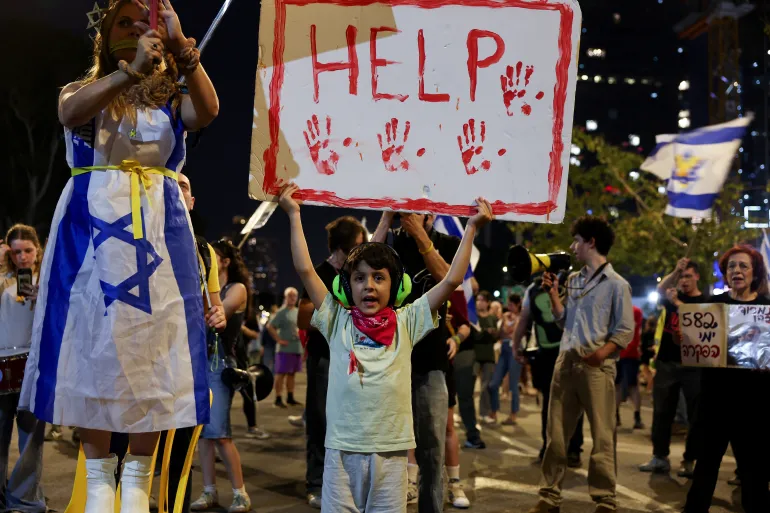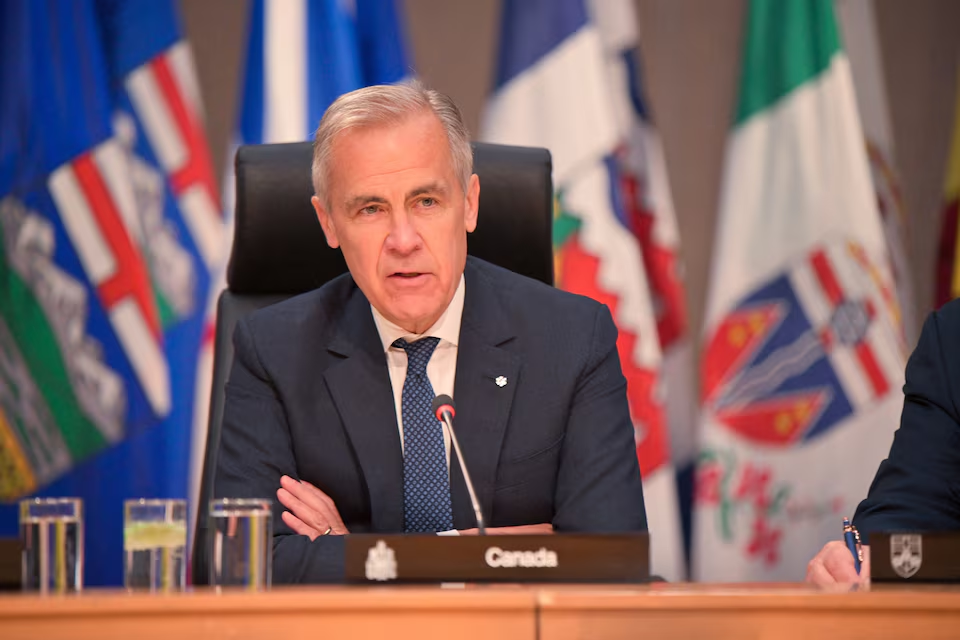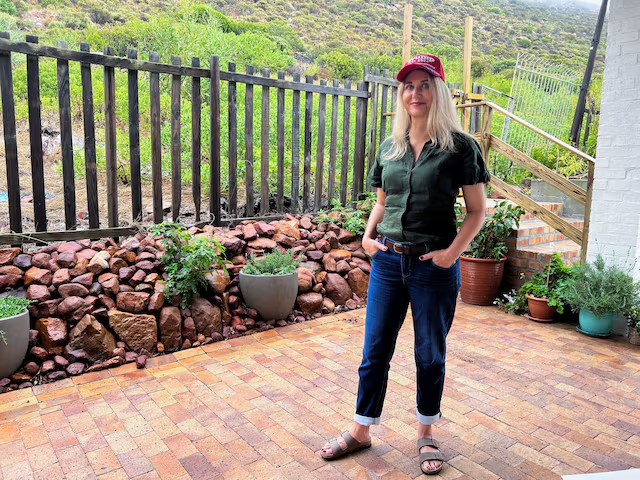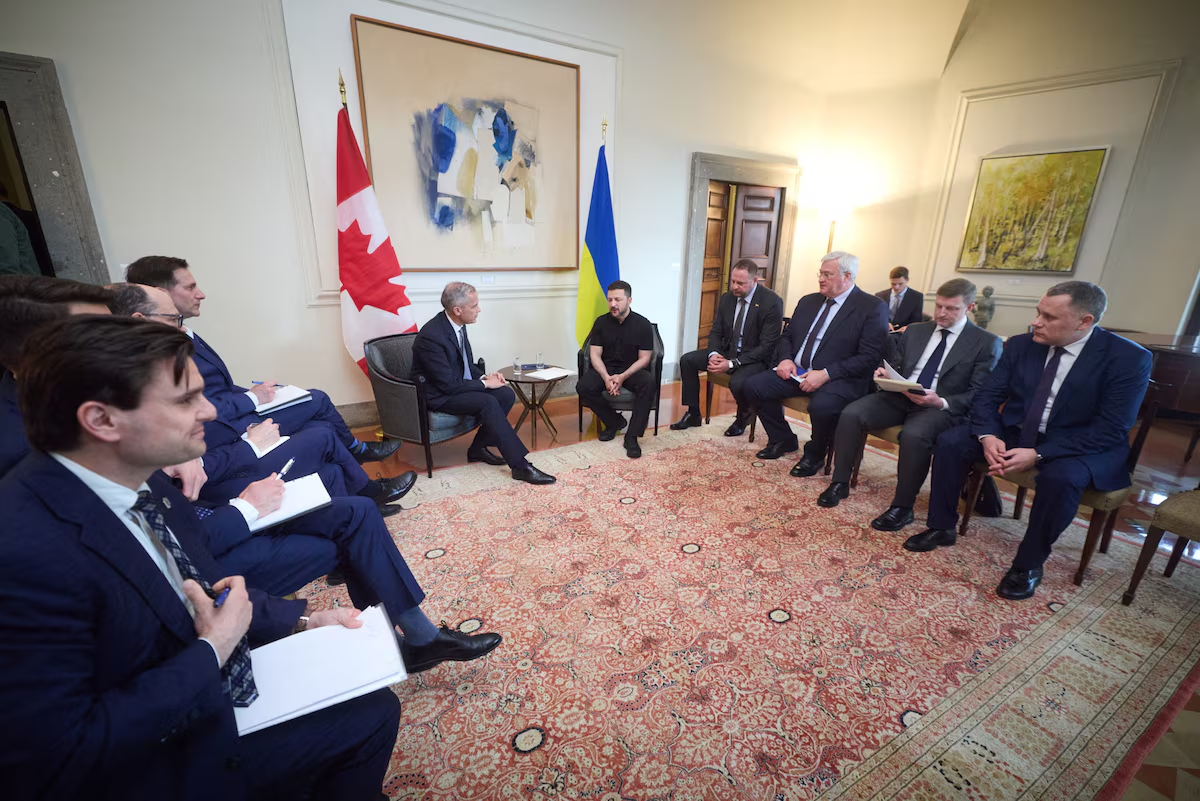Thousands of demonstrators flooded the streets of Tel Aviv on Saturday, May 10, demanding an immediate end to Israel’s war in Gaza and the return of Israeli captives held by Hamas. The rallies, organized by the Hostages and Missing Families Forum and various anti-government groups, marked a significant outpouring of public discontent as the war continues into its 19th month.
The protests took place at several major locations in Tel Aviv, including the square outside the Israeli military headquarters—now dubbed “Hostages Square”—and Habima Square, a site that has become symbolic of broader anti-government dissent. Protesters held signs and chanted slogans calling for a ceasefire and negotiations to bring back those kidnapped in the October 2023 Hamas-led assault on southern Israel.
At Hostages Square, families of those still held captive by Hamas called on Prime Minister Benjamin Netanyahu’s government to prioritize securing their loved ones’ release. They expressed frustration over what they perceive as the government’s failure to reach a deal with Hamas and neglect of the hostages’ plight. “We will not stay silent,” one family member told the crowd. “Every day our loved ones spend in captivity is a day too long.”
Adding to the urgency of the protests, Hamas’s armed wing released a video earlier in the day showing two Israeli hostages alive in Gaza. In the footage, one of the captives pleads directly with Israeli authorities to end the war and secure their release. The authenticity of the video has not been independently verified, but it ignited renewed calls from the public and families to resume stalled negotiations.
Meanwhile, a separate demonstration at Habima Square took on a more explicitly political tone, with thousands condemning Netanyahu’s handling of the war and accusing him of prolonging the conflict for political survival. Organizers of the anti-government rally criticized the prime minister for refusing to take responsibility for the failures surrounding the October 7 attacks and the prolonged military campaign that followed.
“Netanyahu is not working for the people—he’s working for himself,” said one speaker at the rally. Others echoed calls for new elections and an independent inquiry into the events leading up to and following the deadly Hamas assault that sparked the war. The demonstrators emphasized that Israel needs leadership focused on peace, accountability, and the immediate return of the hostages.
The protests came amid continued international criticism over the war’s devastating impact on Gaza, where more than 35,000 Palestinians have reportedly been killed, according to Gaza’s health ministry. Much of the enclave lies in ruins, with severe shortages of food, medicine, and basic infrastructure. Human rights organizations and foreign governments have urged both sides to agree to a ceasefire and negotiate a prisoner exchange.
However, diplomatic efforts have repeatedly stalled. Qatar and Egypt, key mediators in past negotiations, have struggled to revive talks. Netanyahu has maintained a hardline stance, vowing not to end the war until Hamas is dismantled and Israel’s security is guaranteed. Critics say this uncompromising position is preventing progress on securing a hostage deal.
Saturday’s twin protests underscored the growing rift within Israeli society over the direction of the war and the government’s broader strategy. While security concerns remain high, public patience appears to be wearing thin, particularly among those directly affected by the hostage crisis.
As the war drags on with no resolution in sight, pressure is mounting on the Netanyahu government to heed the demands of its citizens. Whether the latest wave of protests will push leaders toward a change in policy or further entrench existing positions remains uncertain. For many Israelis, however, the message on Saturday was clear: enough is enough.
Source; Al Jazeera



